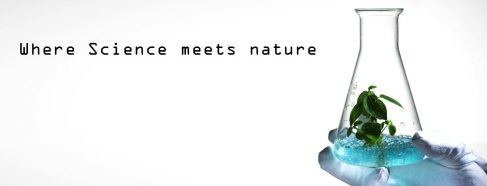When I first read, “I think a case can be made that faith is one of the world’s great evils.” I agreed with this statement not because I am unfaithful, but because in the past there have been many religious wars. However, I believe it is unfair to blame a certain religion for the fighting, because in fact, it wasn’t the faith, it was the people. I think that people interpret religion differently and that is what causes disputes. Especially for the radical thinkers who are too stubborn to allow anything different than their own personal beliefs. This quote from Richard Dawkins lecture reminded me of all the wars and deaths that were blamed on religion, when in actuality religion wasn’t the problem… it was the people.
On a different note, Dawkins’s point in this lecture is that science is not faith. He mentions how he is frequently asked about science being like a religion. I can understand why one would think this because of the belief in evolution and also because to create theories or hypotheses you have to have faith in your experiments. Dawkins’s argument is that science is based on “verifiable evidence.”
“There’s all the difference in the world between a belief that one is prepared to defend by quoting evidence and logic and a belief that is supported by nothing more than tradition, authority, or revelation. “
I found this quote to be very powerful and it created a dramatic ending to the lecture. I agree with the latter because scientists back up their arguments and theories with experimented facts; whereas other, perhaps religious people, support their arguments based on the teachings they have had from their religion. Scientists may argue that their argument is stronger due to the hard evidence while other people rely on faith to believe that the teachings are real. This concludes Dawkins argument that science is not a religion and is not based on faith.



Recent Comments